Grady White 236 For Sale – Second-hand record stores and online marketplaces like Discogs have become hotspots for vinyl enthusiasts, providing a platform for buying, selling, and trading records. In a circular economy, items are kept in use for as long as possible, reducing the need for new resources and minimizing environmental harm. In the realm of real estate, for instance, selling a house is often an emotional and logistical challenge. The ability to share knowledge, ideas, and resources has empowered individuals in ways that were previously unimaginable. The desire for more, the constant pursuit of bigger profits and greater influence, can lead to exploitation. On one hand, there’s the potential for an established client base, proven systems, and a recognizably brand name. A new smartphone, for example, can cost hundreds of dollars, but buying a used one can cut the price down by more than half. The world of second-hand shopping has also made quality goods more accessible. Books, records, and collectibles are also highly sought after in the second-hand market. There are communities that exist outside the realm of traditional commerce, where sharing, collaboration, and mutual support take precedence over profit. It may have been passed down, carefully preserved, and lovingly maintained. In some cases, buyers may also acquire businesses with existing intellectual property, such as patents, trademarks, or proprietary technologies, which can offer a competitive edge in the market. The marketplace, for all its flaws, has brought about great innovations. These moments remind us that there is more to life than the pursuit of profit, and that not everything can be measured by a price tag. Whether it’s the affordability, the environmental impact, or the opportunity to find unique items, second-hand goods provide an alternative to traditional retail shopping that is both practical and sustainable. The materials, labor, and expertise that go into crafting these items naturally make them more expensive. Online business-for-sale marketplaces have made it easier than ever for individuals to find opportunities, compare businesses, and evaluate the potential of various investments. But in the end, whether it’s an item or an individual, the process of being “for sale” is a negotiation of worth, a moment of exchange. By choosing second-hand goods, consumers can help reduce waste, conserve resources, and lessen the demand for new production. For those considering buying a business, the appeal often lies in the opportunity to take over an existing operation and build upon its foundation.

2020 GradyWhite 236 Fisherman For Sale
View photos, specs, msrp pricing, and even view a virtual tour.
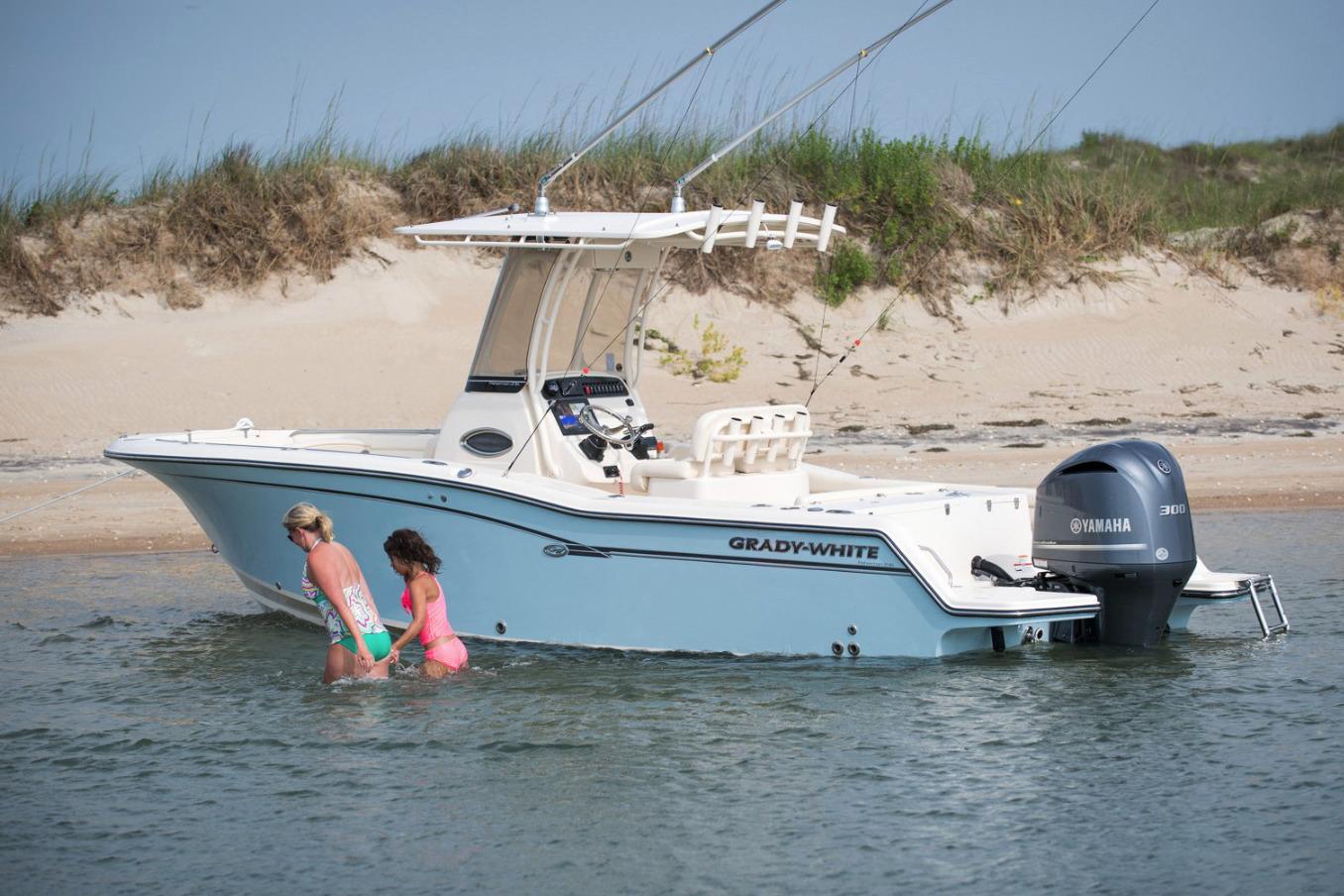
2023 GradyWhite Fisherman 236 Center Console for sale YachtWorld
View photos, specs, msrp pricing, and even view a virtual tour.
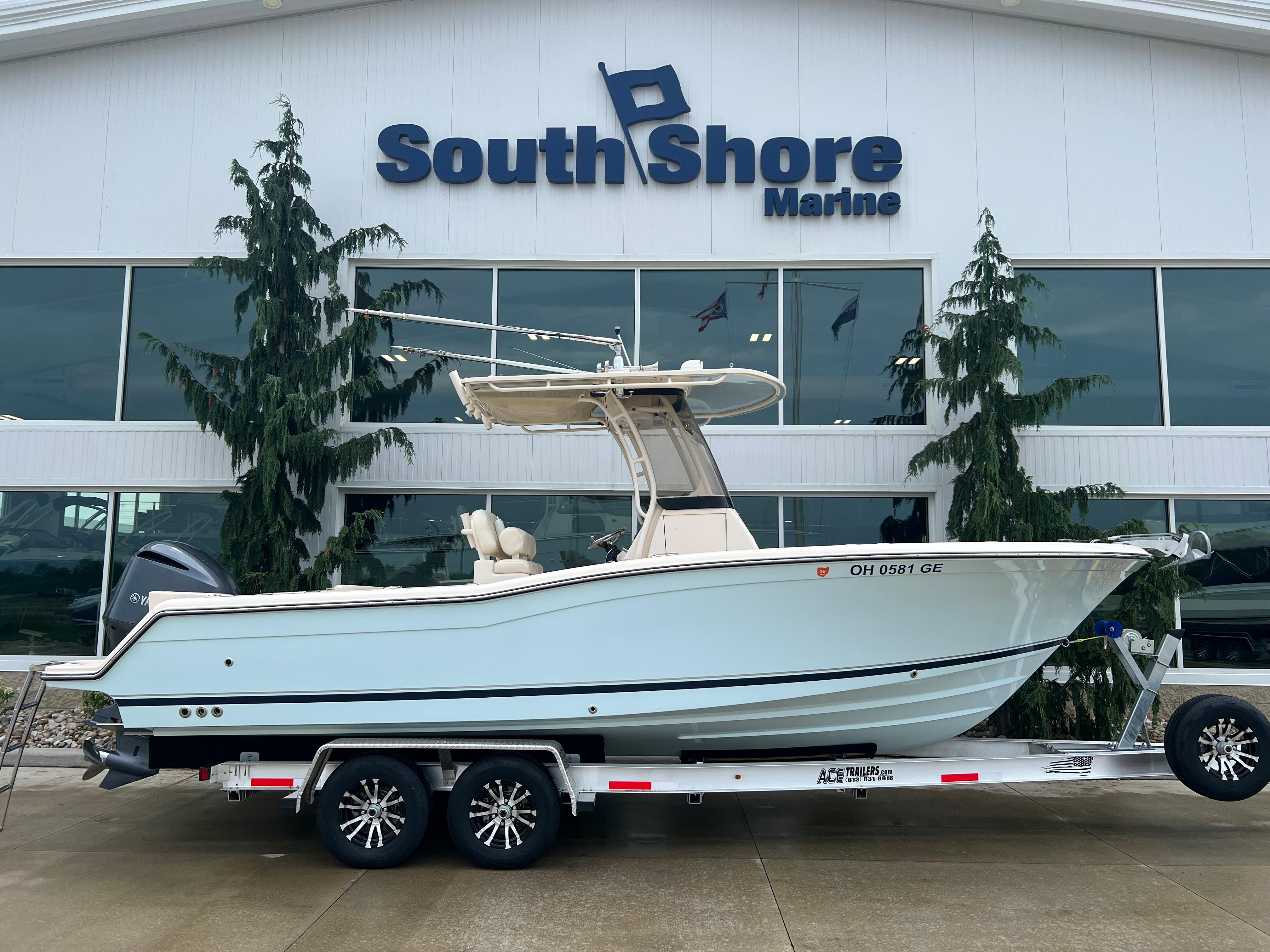
2021 GradyWhite 236 Fisherman Center Console for sale YachtWorld
View photos, specs, msrp pricing, and even view a virtual tour.

2023 GradyWhite Fisherman 236 Center Console for sale YachtWorld
View photos, specs, msrp pricing, and even view a virtual tour.
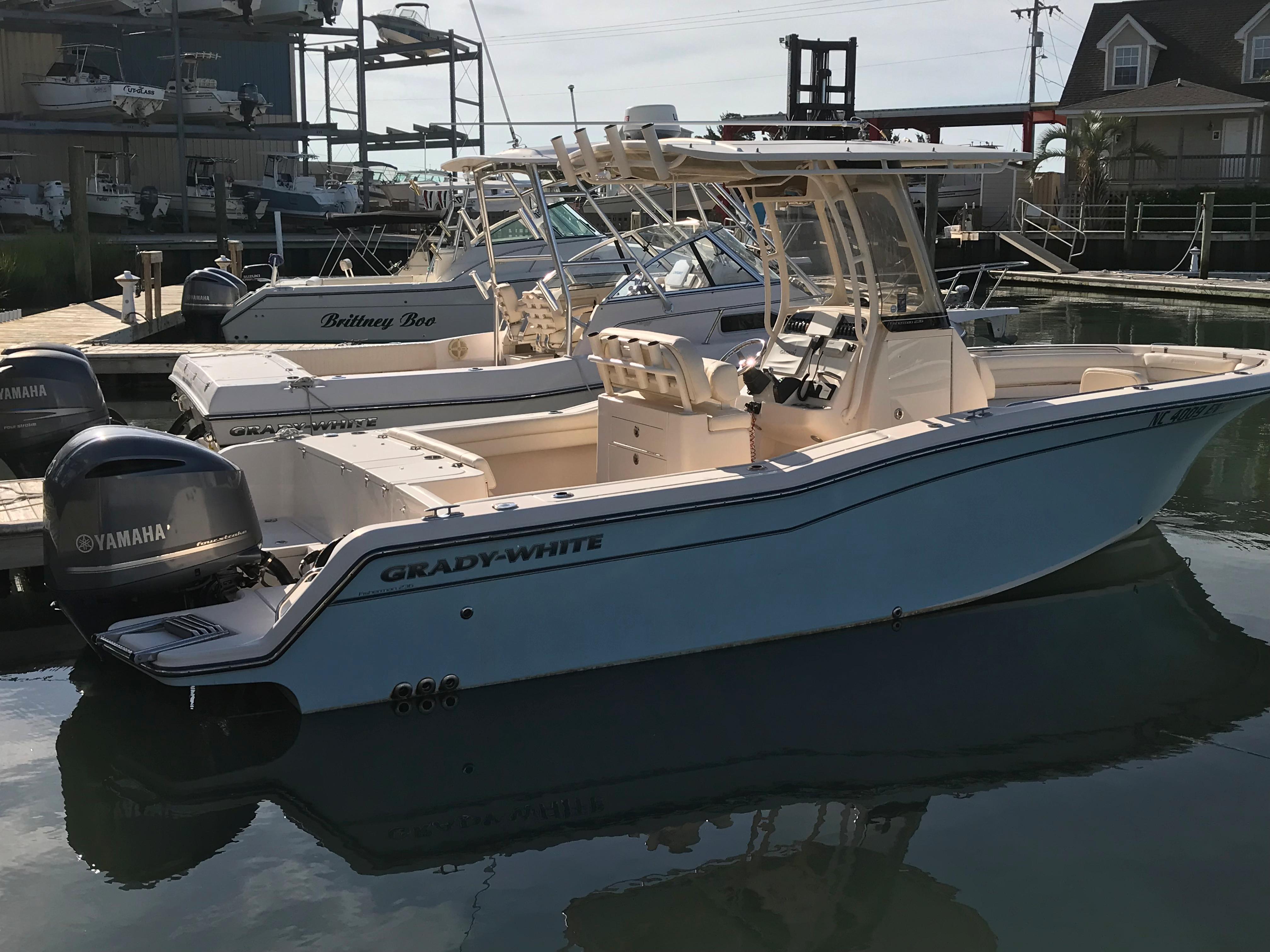
2020 GradyWhite 236 Fisherman Center Console for sale YachtWorld
View photos, specs, msrp pricing, and even view a virtual tour.

2023 GradyWhite Fisherman 236 Centre Console for sale YachtWorld
View photos, specs, msrp pricing, and even view a virtual tour.
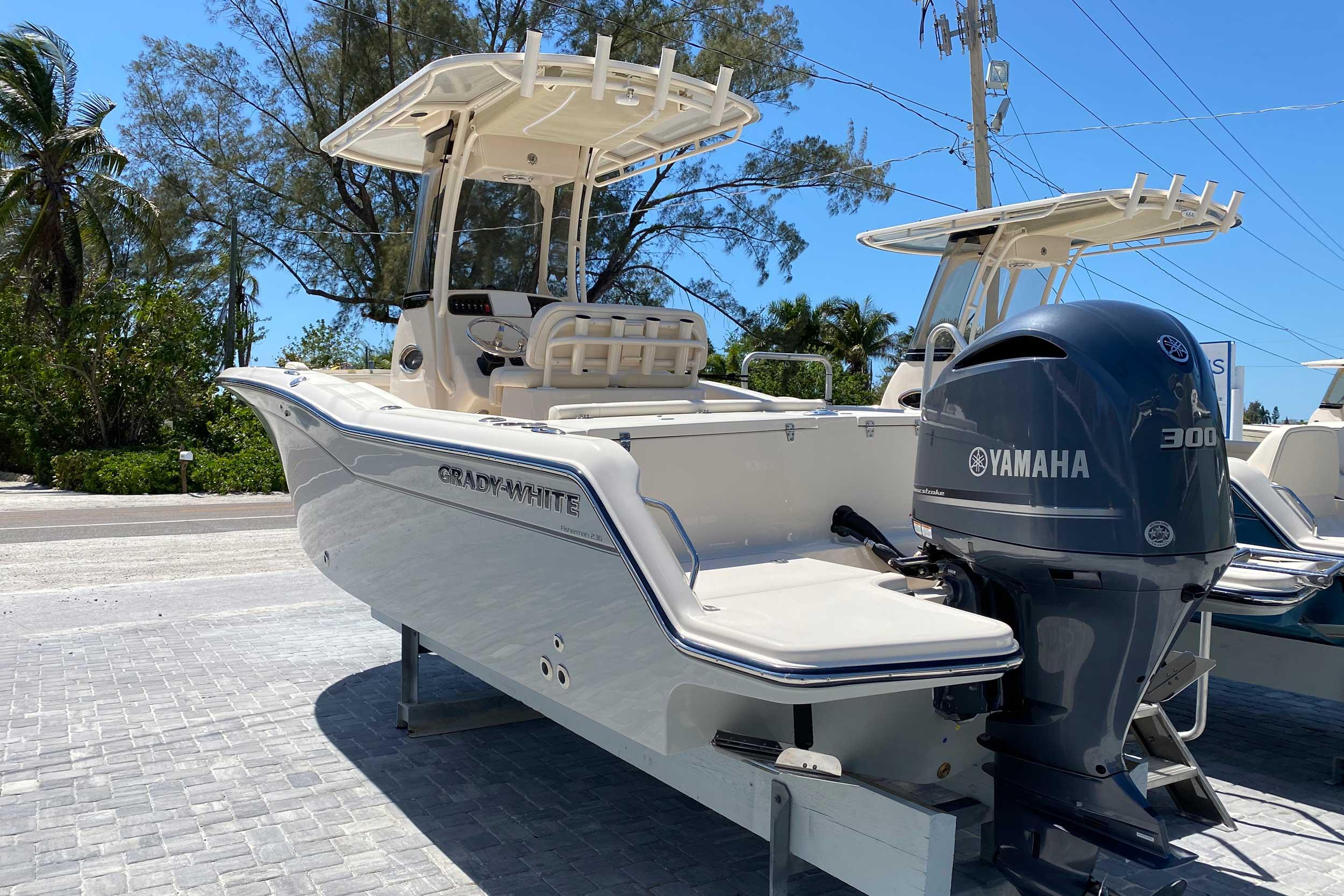
New 2022 GradyWhite Fisherman 236 Boat for Sale Near You in Longboat
View photos, specs, msrp pricing, and even view a virtual tour.
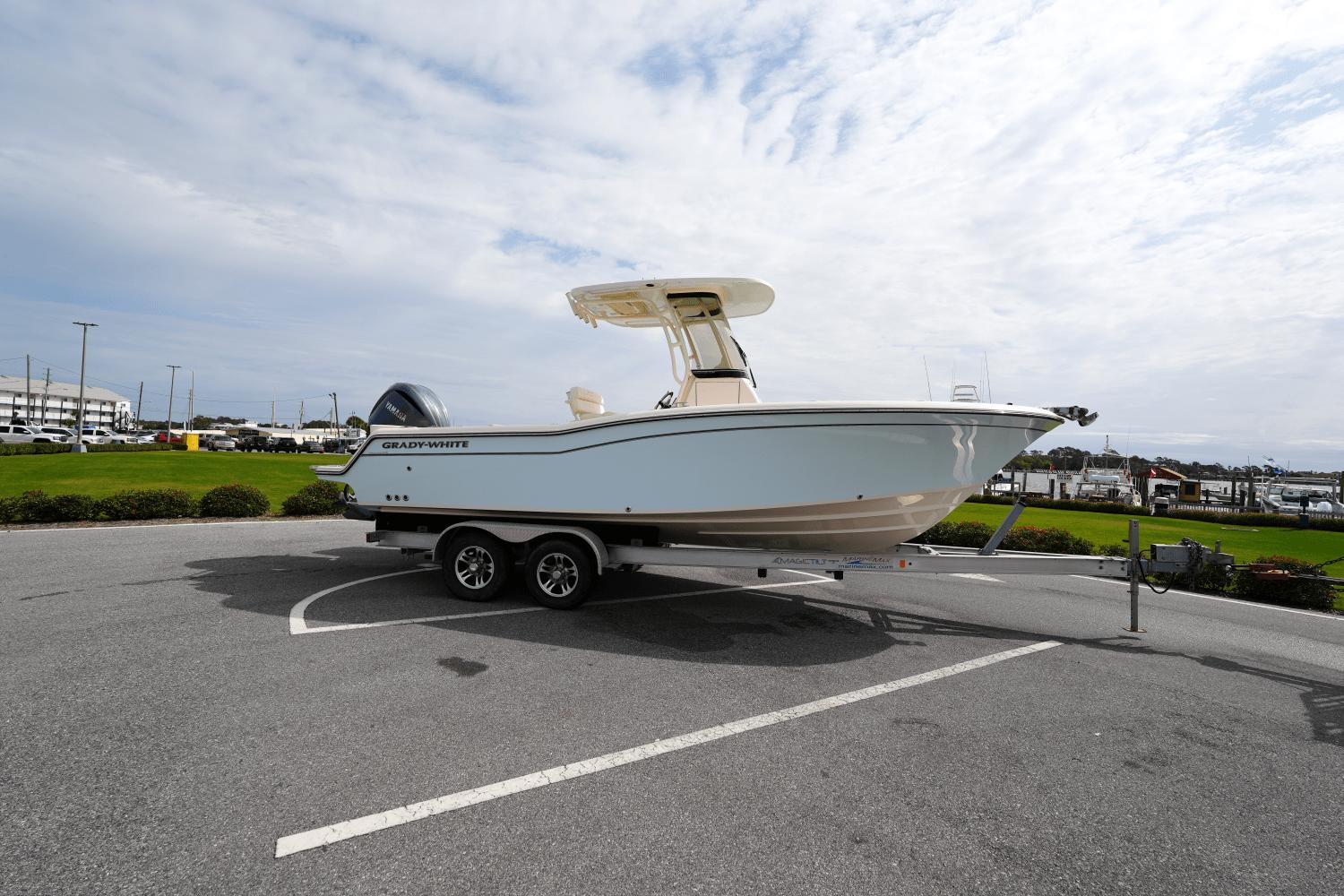
2023 GradyWhite Fisherman 236 Sport Fishing for sale YachtWorld
View photos, specs, msrp pricing, and even view a virtual tour.
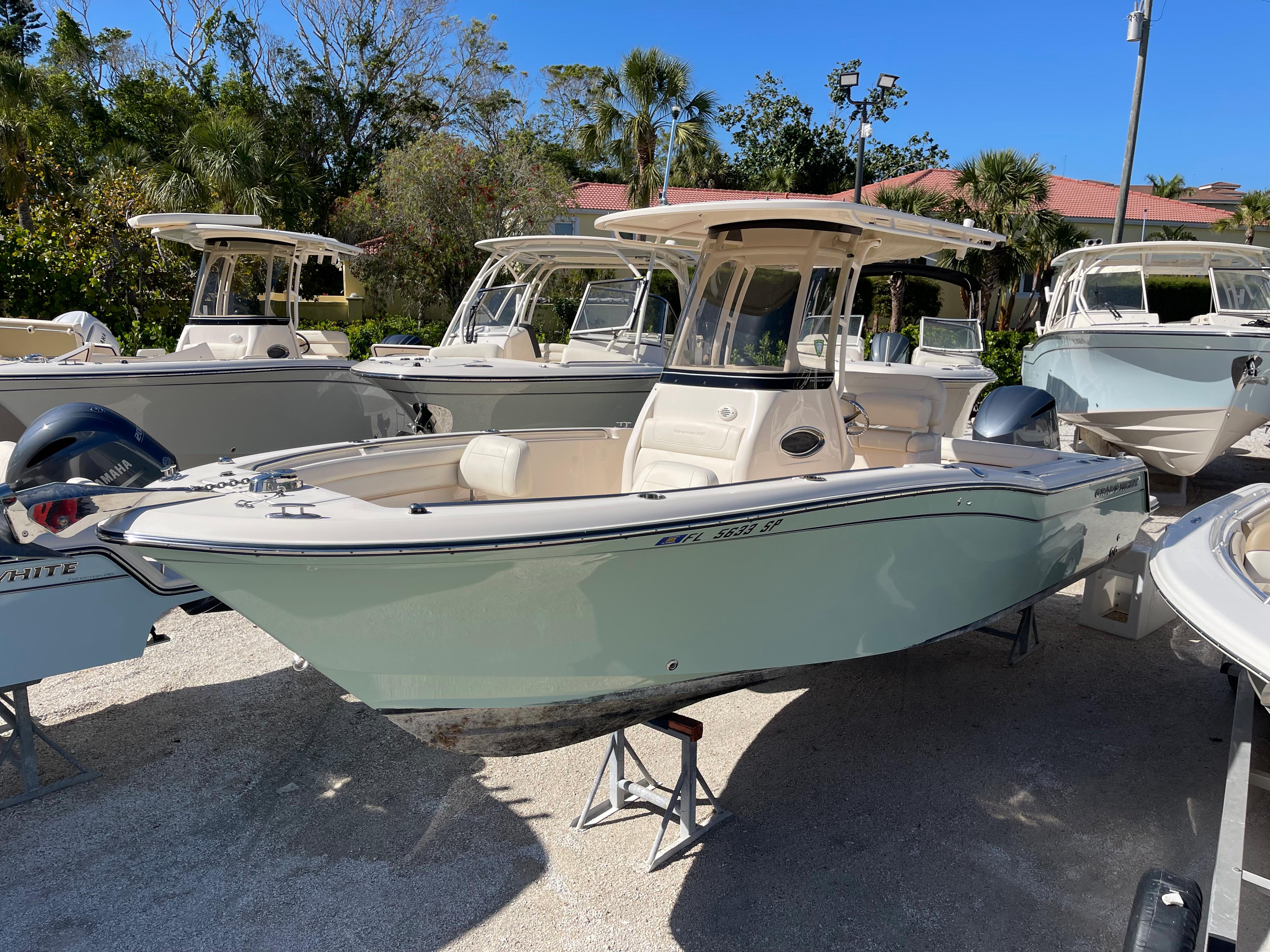
Used 2020 GradyWhite Fisherman 236 Boat for Sale Near You in Longboat
View photos, specs, msrp pricing, and even view a virtual tour.

GradyWhite Fisherman 236 boats for sale
View photos, specs, msrp pricing, and even view a virtual tour.
In some cases, it’s not just objects that are for sale, but entire industries or institutions. Many second-hand clothing stores and online platforms specialize in curating high-quality, gently used apparel, making it easy for consumers to find fashionable items that align with their tastes. This is particularly evident in industries such as furniture, clothing, and electronics. When it’s put up for sale, it can bring with it a sense of loss, as if a piece of the seller’s life is being taken away. When we begin to view everything through the lens of commerce, it’s easy to lose sight of the things that make life worth living — the moments that aren’t for sale, the experiences that can’t be bought. The closing process also involves transferring the business’s assets, such as inventory, property, intellectual property, and customer contracts, to the new owner. We are all participants in a vast, interconnected economy, one that doesn’t just involve physical goods but extends to ideas, relationships, and even identities. It carries the marks of life’s moments: the road trips, the adventures, the daily commutes, the memories of friends and family. Unlike starting a business from scratch, which requires time to build a reputation and establish market credibility, buying an existing business means stepping into an environment where some of the groundwork has already been done. People are increasingly looking for quality over quantity, preferring items that are durable, timeless, and well-made. Additionally, second-hand furniture allows buyers to find unique items that may not be available in traditional furniture stores. The desire for more, the constant pursuit of bigger profits and greater influence, can lead to exploitation. The perceived high cost of these items has led some to opt for cheaper alternatives. Despite the many advantages of buying and selling second-hand goods, there are some challenges that both buyers and sellers must navigate. Additionally, trends in sustainability and eco-conscious living have contributed to the growth of the second-hand market, as consumers become more aware of the environmental impact of their purchasing decisions. For many, purchasing second-hand goods is not just about saving money, but about embracing sustainability, supporting a circular economy, and contributing to a more environmentally conscious world. For the buyer, purchasing a home is a dream realized, a step toward security and stability. The act of selling can be both a release and a renewal, a letting go that paves the way for something new and unknown. The due diligence process helps the buyer understand the risks involved, the company’s market potential, and any legal or operational hurdles that may exist. The sale and purchase of second-hand goods play a pivotal role in this transition, demonstrating how individuals can make a meaningful impact through everyday choices.
This has opened up new possibilities for people to find exactly what they’re looking for, whether it’s a specific brand of furniture or a limited edition item that was once sold out. This can manifest in the context of career, relationships, or personal goals. With just a few clicks, consumers can browse through thousands of listings for second-hand items from all over the world. For sellers, online platforms can expand their reach to a global audience of potential buyers, increasing the chances of finding the right match for their business. Whether you’re the seller or the buyer, the phrase “for sale” is a reminder that everything in life is in constant motion, always moving toward something new, something different, something better. The digital age has also transformed the way things are bought and sold. Both the buyer and the seller are seeking the best possible terms, and finding common ground can be a challenge. The democratization of commerce has opened up opportunities for millions of people, giving them the chance to pursue their dreams and create their own paths to success. The idea of being “for sale” also touches on larger cultural and societal themes. In a world dominated by fast fashion, disposable electronics, and mass-produced items, many people are beginning to question the value of constantly purchasing new products. The result is a society that increasingly prioritizes consumption over connection, profit over meaning, and exchange over understanding. It’s a constant negotiation, where both parties seek to align their perceptions of worth and reach an agreement that satisfies both sides. Sellers often find themselves in a strange position, balancing the emotional attachment to the item with the rational need to let it go. For those on the outside looking in, the idea of acquiring an existing business might seem both enticing and overwhelming. For the buyer, it can feel like a great opportunity, a chance to acquire something they’ve been searching for, or maybe just the satisfaction of knowing that a good deal is within reach. This is particularly evident in industries such as furniture, clothing, and electronics. A person might sell a beloved possession to fund an important life change, such as starting a business, moving to a new city, or pursuing a dream. They can assist in determining the right price for the business, marketing it to potential buyers, and managing the negotiation process. It is also important to check the seller’s reputation and read reviews or feedback from previous buyers. For the buyer, there is the risk of inheriting a business with hidden problems or liabilities that were not disclosed during the due diligence process.